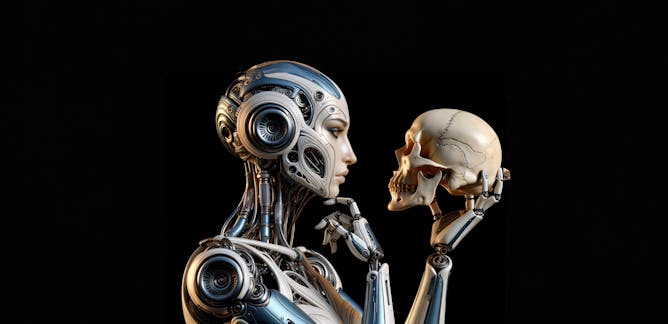
Articles on Science fiction
Displaying 1 - 20 of 190 articles

Australian literature is a rich and largely untapped source of information about how Australians think about AI.

We have joined a game which has been going on before our arrival, and the strategy that everyone has learned is to hide.

A century before the Dune films became new classics of the genre, Fritz Lang was making epic fantasies that redefined cinema.

3 Body Problem tells a story of survival, betrayal, and a relentless quest for human and alien coexistence.

White saviourism is the paternalistic notion that white people are needed to “save” people of colour from their circumstances.

When Frank Herbert sat down in 1963 to start writing ‘Dune,’ he wasn’t thinking about how to leave Earth behind. He was thinking about how to save it.
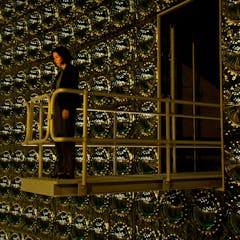
With an adaptation of Chinese bestseller The Three-Body Problem soon to air on Netflix, Josh Stenberg parses the novel and its many themes.

Zimmer creates a sound world full of texture, personality and new timbral possibilities.

Yevgeny Zamyatin was a born loner and instinctive satirist, whose usual response to collective enthusiasm was to dissent.
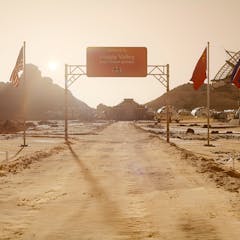
In sci-fi depictions, extraterrestrial habitats have evolved tandem with scientific understanding of conditions on planets

Set firmly within the BBC’s public service broadcasting ethos of informing, educating and entertaining, Doctor Who quickly became a mainstay of Saturday evening viewing

Pluto follows German robot detective Gesicht as he traces the mysterious killings of robots and humans.

Set in the not-so-distant future, Foe poses questions about humanity and what it means to be human in the face of environmental collapse.

Advanced artificial intelligence is new, but a similar idea has been around for hundreds of years: the power of a just-right sequence of numbers, letters or elements to animate matter.

It’s remarkable to see these three innovative, bravely experimental and often unsettling Australian story collections – by a debut author and two prize-winners – published so closely together.

Despite their scarcity, science fiction books are highly sought after by elementary school students.
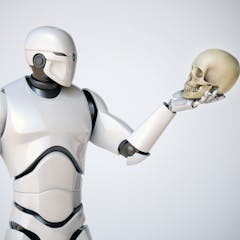
Humanity is the only species on earth for whom intelligence is also an ethical liability.

What made the series successful was its ability to tap into contemporary cultural moments.
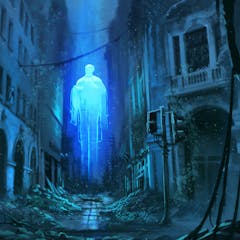
In the Global South, a group of writers are rejecting the norms of science fiction and commenting on the future in a way that embraces Indigenous culture.

Liftoff to the distant asteroid is scheduled for Oct. 5, 2023 – the beginning of a six-year journey to one of the most unusual objects in the solar system.





